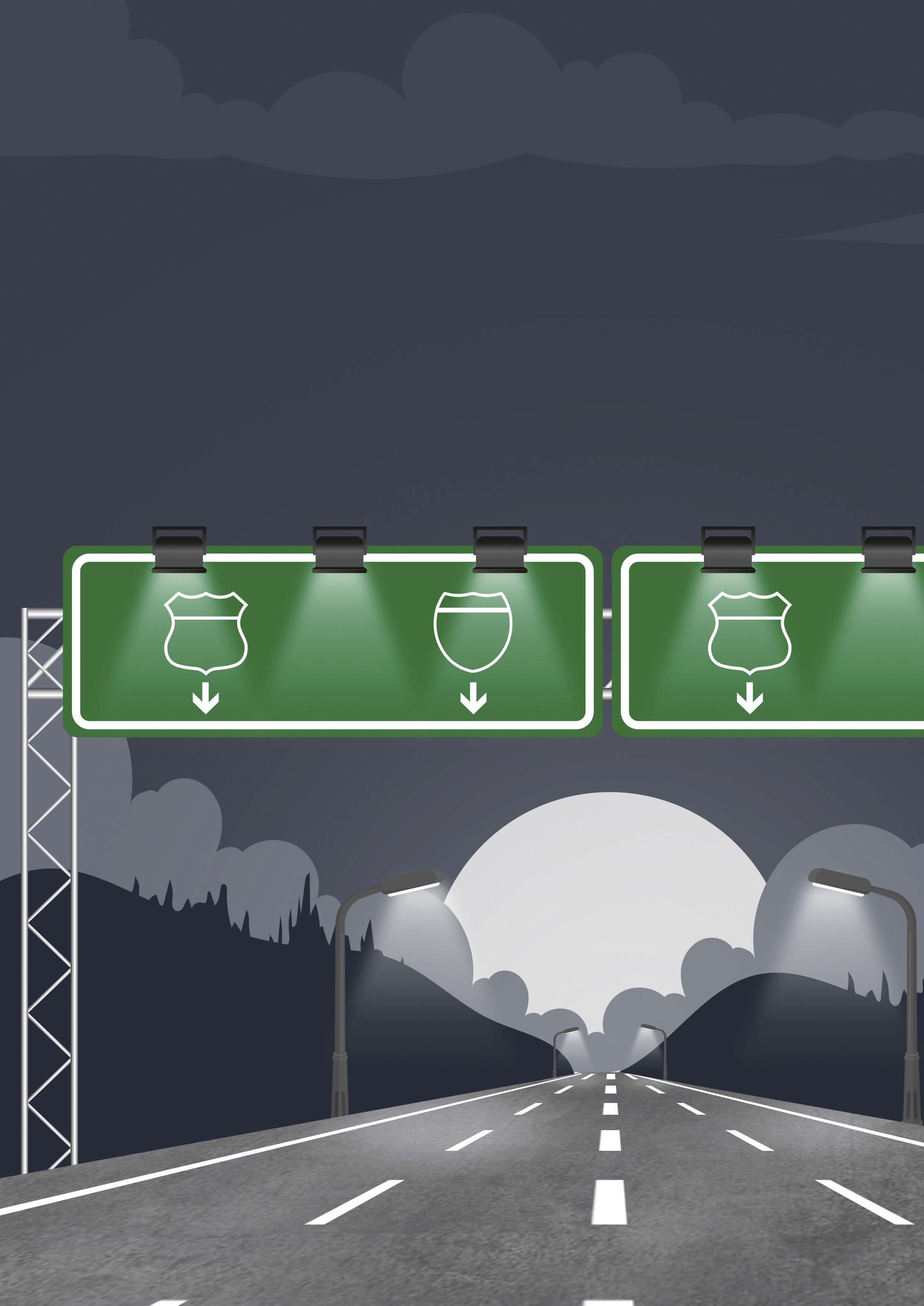
6 minute read
THE ISEG MBA: PREPARING THE LEADERS OF THE FUTURE ISEG
THE ISEG MBA: PREPARING THE LEADERS OF THE FUTURE
Q. The ISEG MBA has enjoyed great success over the years, as have your students; therefore, what prompted the redesign?
The world faces constant change; the same is true for the business world, and of the skills needed to succeed in such a demanding environment. The ISEG MBA needed an update in order to prepare future leaders with the necessary thought-leadership skills, management content, and tools. The hands-on element of the programme was also reinforced to provide a complete learning experience.
Q. You’ve introduced five new strategic learning streams: Global Futures, Digital Disruption, Entrepreneurship & Innovation, Design & Agility, and Sustainability & Governance. What was thinking behind this?
Nowadays, managers need a holistic vision of the company and the world. Functional skills are still important, but true leaders have to reach higher than that. In order to develop and nurture a purposeful vision, managers must be fully involved and master new business skills. The strategic streams provide such skills in partnership with top providers and renowned specialists.
Q. Can you expand upon each of the aforementioned streams for our readers?
The first stream, Global Futures, will focus on providing students with tools on how to, in a complex and uncertain environment, individually or in their company, keep up with new research and information and make knowledgeable decisions.
0:05
PROFILE:
The ISEG MBA is based in Lisbon, Portugal, and provides a unique learning experience for leaders of the future – for leaders with purpose and vision who have a global and holistic perspective. 44
The Entrepreneurship and Innovation stream will take the students from idea to actual startup and include the construction of the Business Model Canvas, the Lean concept, Building MVPs, and Product-Market Fit, or Venture Capital Funding.
In Digital Disruption, they will learn how emergent technologies are impacting industries, societies, and our futures, the main challenges they face, and the opportunities they bring to new and, or, established businesses.
Design and Agility will challenge the cohort to be transformative, and discover how they can encourage strategic and operational agility in their ecosystem or organisation.
Sustainability and Governance will provide an overview of the main sustainability issues on the national and international agenda and explain how these impact the day-to-day business of an organisation.
Q. Are students able to take all of the streams on offer?
Yes, in fact, students have to. The five streams are part of the curriculum and are, therefore, not optional. However, each module offers complementary features that the students can access.
Q. You’ve partnered with a variety of organisations on the streams. Can you tell me a little about these institutions and what they bring to each stream?
The strategic partners have been selected because of their track-record as quality providers. Each one brings something new and outstanding to the table.
When visiting the Portuguese Air Force Academy, the participants will focus on teamwork, coordination, and improvisation activities. This is the moment they will get to test their limits as they develop their leadership, strategic skills, and timemanagement, as well as their sense of cooperation.
In the Global Futures stream, the Copenhagen Institute for Futures Studies and the World Economic Forum will help them to understand how, in today’s society, individuals and organisations can keep up with the latest trends and make sense of the countless transformations taking place around them, while also helping them to adapt their vision and providing insight on how to facilitate the decision-making process.
The University of San Francisco and Startup Lisboa are our partners on the Entrepreneurship and Innovation stream, through which, participants will be able to explore two dynamic and entrepreneurial ecosystems: Silicon Valley and Lisbon.
Técnico Lisboa represents a partnership with one of the best engineering schools in Europe and will show how important it is to have an overview of cutting-edge technologies and the huge impact these technologies have on innovative businesses.
Lastly, With Company will challenge the students to discover how they can encourage strategic and operational agility within an organisation. They will also learn and analyse how certain global companies based in Lisbon are quickly becoming agile and digital.
Q. Have the streams reduced the emphasis that you’re now placing on traditional MBA building blocks, i.e., finance, marketing, operations, etc.?
The streams complement the core skills of a traditional MBA. The idea is to go beyond that and prepare participants for the challenges that lie ahead in the VUCA (volatile, uncertain, complex, and ambiguous) world we now inhabit.
Q. You’ve introduced a leadership and personal development element to the programme which, as the name suggests, focuses on the development of one’s personal and professional toolkit. Can you walk our readers through each of these components?
The leadership journey starts with selfawareness. You need to know yourself in order to identify your strengths and areas for development. The path continues with work on several soft skills, and by identifying where you want to go and who you want to be, both personally and professionally. This route provides the tools and support necessary for students to be able to turn their vision into a reality.
Q. As mentioned, ISEG graduates have enjoyed much success over the years; therefore, what can students and applicants expect to take away from the new programme?
The ISEG MBA aims to develop holistic leaders: technically competent, but also good humans with sound values who are purposedriven and eager to serve and play their role in building a better world.
Q. Finally, in these uncertain times, would it be fair to say that the new programme offers an element of future-proofing?
The ISEG MBA doesn’t allow you to guess the future, but it does give you the necessary tools and framework to build scenarios and anticipate probable futures. The participants won’t know what is coming, but they will be prepared for different outcomes and have rock-solid skills and clarity to overcome obstacles. ceo-mag.com / Summer 2020
Ensure it’s AMBA-accredited.
Be in brilliant company MBA students on AMBA-accredited programmes are required to have at least 3 years prior management experience, making for quality networks and applied learning.
Crafted with world-class expertise
The high standard of AMBA-accredited MBAs is certified by highly experienced Business School Deans and Directors - Experts assessing Experts.
Invest in education that stands the test of time AMBA-accredited schools have educated MBAs to AMBA standards for a minimum of 3 years and usually over 10 years.
Be part of a priceless network AMBA-accredited MBA programmes require a minimum of 500 ‘contact’ hours, ensuring face-to-face learning and strong relationship-building.
Access the highest quality experts in academia and industry. Faculty at AMBA-accredited programmes are internationally diverse and at least 75% must have a relevant postgraduate qualification.
AMBA is the world’s only MBA-specific Accreditation Organisation, accrediting just 2% of the world’s Business Schools. www.mbaworld.com 45





